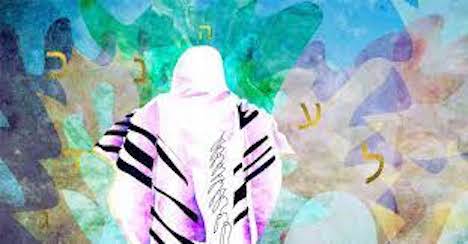

1. Brush Up on the Laws

Since you won’t have a rabbi or friendly pew-mate to address your questions as they arise, be sure to stock up on all the info you need in advance. Here are the absolute basics: For the nearly 26 hours of Yom Kippur, we “afflict our souls” by avoiding the following five actions: Eating or drinking (in case of need, see here and consult a medical professional and rabbi), wearing leather shoes, applying lotions or creams, washing or bathing, and engaging in conjugal relations. Also remember that Yom Kippur has almost identical restrictions to Shabbat, including not carrying outside of an eruv or using fire in any way.
2. Feast Before You Fast
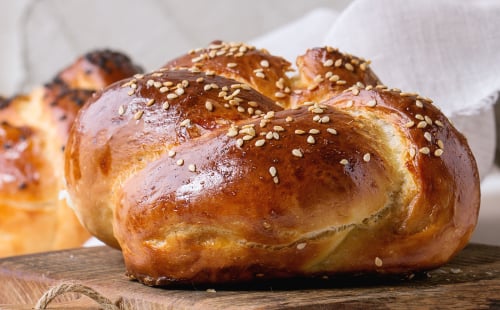
It’s a mitzvah to fast on Yom Kippur, but it’s also a mitzvah to feast the day before. Even if you will not be going to synagogue, you should still enjoy the traditional two meals the afternoon before the fast begins.
As every year, start both meals by dipping (round) challah into honey. Another traditional food for this meal: kreplach—ground meat or chicken wrapped in dough and boiled in chicken soup.
Hot tip: Make enough so that you can refrigerate some and enjoy it the following night, after the fast ends.
3. Call Family Members

It is customary to wish family members and friends a gemar chatimah tovah – may G?d seal us in for a good year. When so many are in isolation, this takes on added significance. Think about who you know that could use a pre-holiday pickup, including those outside your immediate circle, and pick up the phone.
It is also customary for parents to bless their children before the onset of the holiday. This may be done over the phone or via the video-conferencing app of your choice.
4. Ask for Cake
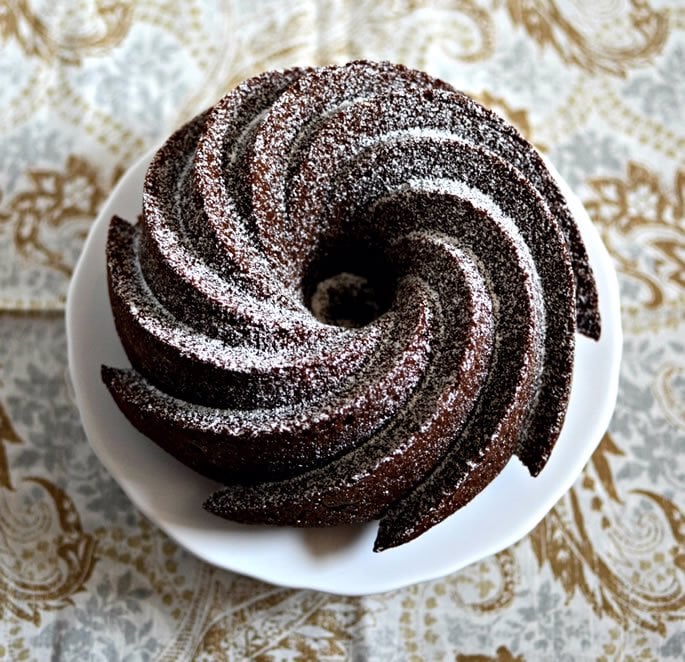
Here’s a beautiful home-based custom you may not be aware of. Bake a honey cake, and then have everyone come and ask you for a piece. The inner meaning: If G?d decrees that we must beg this coming year, let this sweet and harmless begging suffice.
5. Dress Up

Even though you will not be at the synagogue, you should still dress up for Yom Kippur services. Ladies: Be sure to wear as nice a skirt or dress as you would wear any other year. Gentlemen: If you wear a white kittel every year, do so this year as well. Same goes for your nice suit and (of course) your tallit.
6. Make Sure You Know When the Fast Starts and Ends
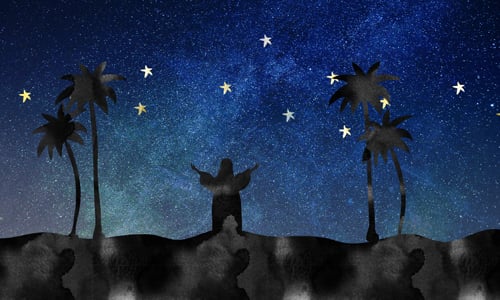
The fast begins before nightfall and ends the following night when the stars come out. You do not want to find yourself peering into the sky with a rumbling stomach, trying to see if the fast has ended.
Here Is When the Fast Begins | Fast Ends
7. Light Candles

Yom Kippur is a holiday, and it is ushered in by lighting candles (married women light at least two, and single girls light one). If you are in a male-only household, one of the guys should light candles for everyone.
8. Prepare to Be Your Own Cantor
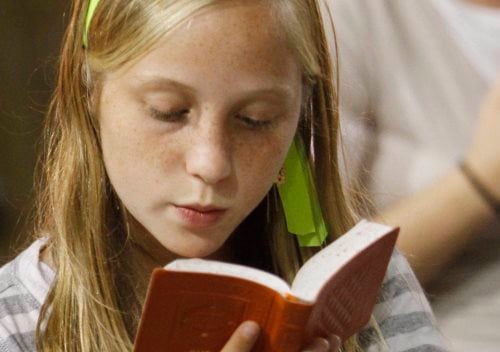
Most of the lengthy additions to the prayer services are found in the chazzan’s repetition to the Amidah (silent prayer), which is not said when praying alone.
The best way to get yourself up to snuff for praying at home is to have a Yom Kippur machzor (prayer-book) handy, and simply follow the instructions, omitting the parts that cannot be done alone—principally the Barechu call to prayer, Kaddish, the Repetition of the Amidah, and the Torah-reading service.
Even without the benefit of the minyan, you should still read through the Torah readings of the day. If you have time, it is also laudable to read through the Selichot and other texts added into the chazzan’s repetition.
Note that Kol Nidre was formulated as a public declaration of the beit din (court) and need not be done if you are alone. Yet, some rule that it may be said alone as well.
9. Crank Up the AC in Advance
If you are lucky, Yom Kippur will be dry and cool, and you’ll be able to enjoy some time in the shade (too much sunlight or heat can dehydrate you). If there is heat in the forecast, be sure to have the thermostat set accordingly. Even if you have been conserving electricity, today is a good day to splurge on the air-conditioning.
10. Don’t Forget the Kids …

Even though they may not be fasting, don’t forget that it’s also Yom Kippur for your kids, and they need to have a meaningful, age-appropriate experience. Added bonus: the more engaged they are, the easier your day will be. Try to prepare activities and snacks in advance, including purchasing a special book or two, to be taken out only on Yom Kippur. Having pre-prepared snacks and meals in the fridge will make things much easier for you when the migraines set in and smearing peanut butter and jelly seems like a daunting task.
11. … Or Your Departed Parents

Yom Kippur is one of four times each year we recite the Yizkor memorial prayer for our dear departed ones in the synagogue. The primary element of Yizkor is the tzedakah we pledge in merit of our loved ones—something you can do anywhere in the world. If need be, you can recite Yizkor privately at home, secure in the fact that this is what G?d wants from us right now, taking comfort in knowing that our loved ones would surely want us to stay safe.
12. Sanctify The Moon
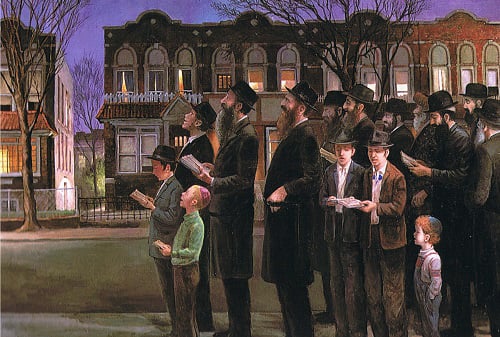
Kiddush Levanah, the sanctification of the moon, is performed once a month, during the first part of the lunar cycle. Said outdoors at night, the meaningful ritual includes a Hebrew blessing, selections of Psalms and other prayers, and is often followed by joyous dancing. The ideal time to say this prayer is Saturday night, or after a holiday, when we are still dressed in our Shabbat finery. If the moon is visible, the evening after Yom Kippur is a perfect time.1
13. Break Your Fast After You Would Have Heard Shofar

The final part of the Yom Kippur synagogue services includes the blowing of the shofar, which is timed to coincide with the moment that night has fallen and the fast has ended. If you will be at home and unable to hear shofar, make havdalah and break your fast after night has fallen in your area.
14. Print Up Reading Material In Advance

Looking for something uplifting and engaging to read during your long, quiet fast? Before Yom Kippur, go to our Yom Kippur section, and print the articles and stories that talk to you. There’s something there for everyone, and probably more than a few somethings to help you through the long afternoon.